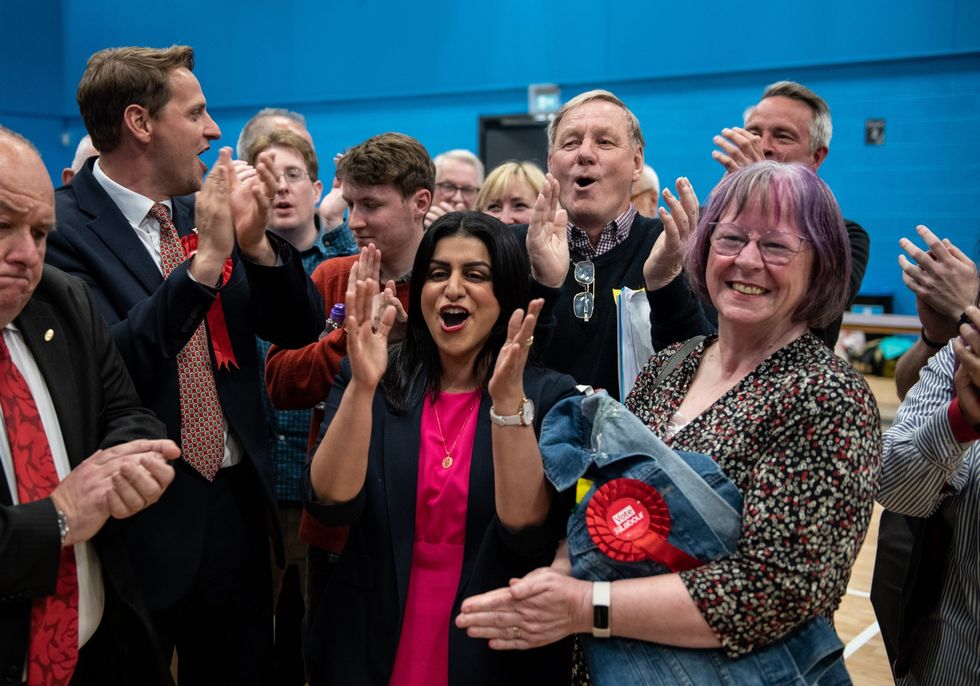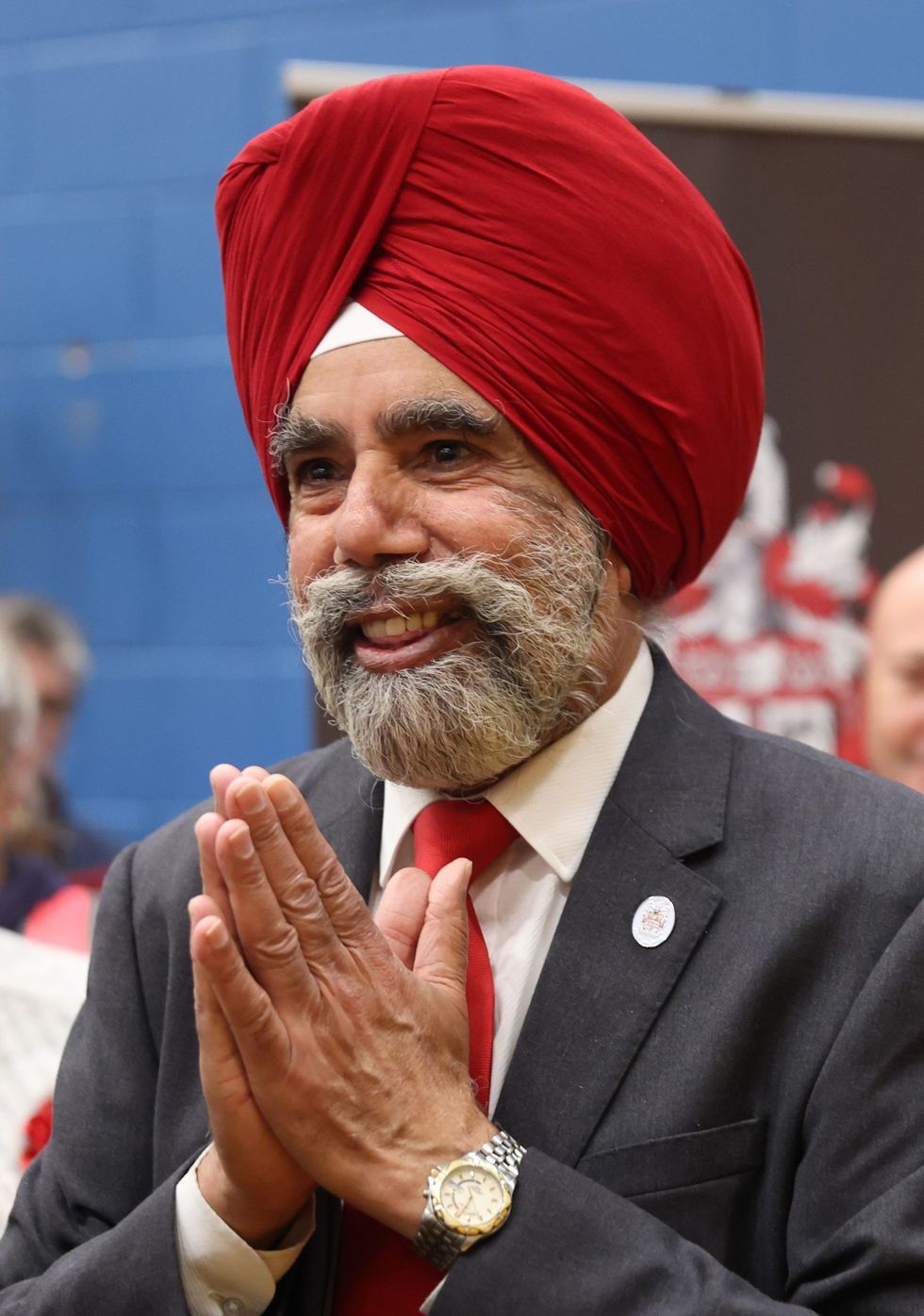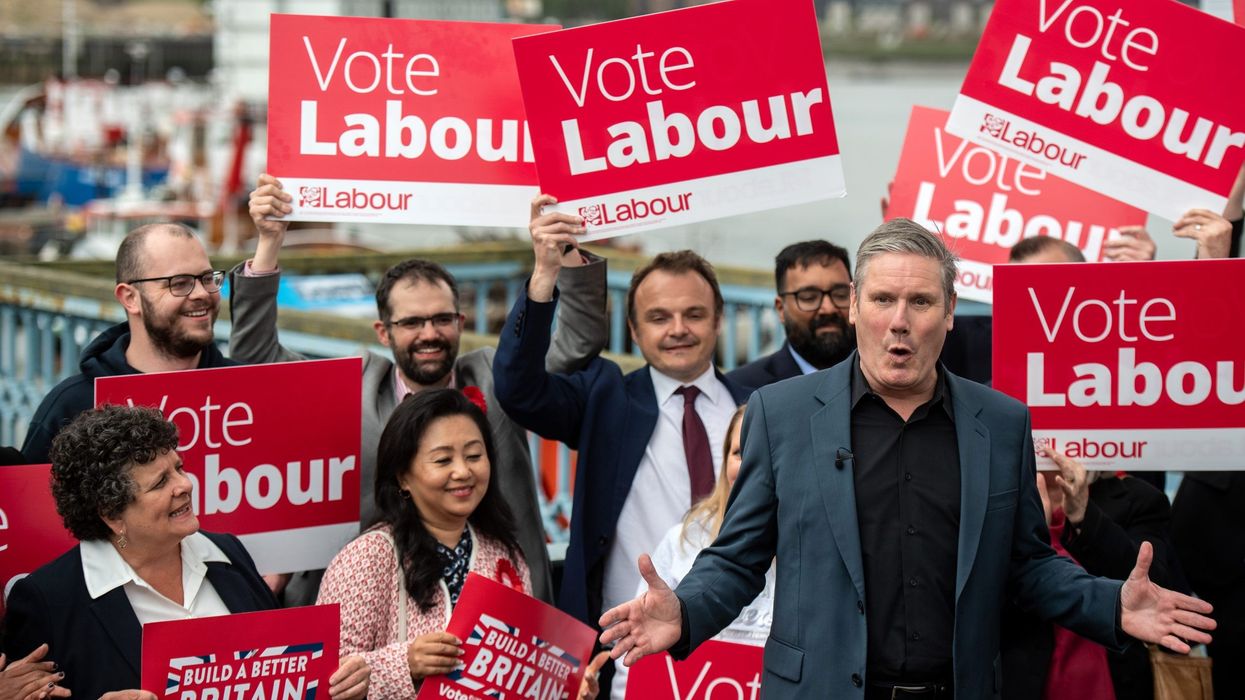The Conservatives suffered big losses last Friday (5) in the local election results, undermining prime minister Rishi Sunak’s attempts to revive the party’s fortunes - while Labour said it was on course to win the next national election, expected in 2024.
The Tories’ worst fears were confirmed as results came in through last Friday, as the party lost more than 1,000 seats and control of dozens of councils.
The votes were to elect around 8,000 councillors to local government authorities which have responsibility for the day-to-day provision of services such as bin collections and schools.
The Tories suffered losses to Labour in seats in the north and southern England, while the Liberal Democrats advanced in wealthier parts of the south.
Earlier in the day Sunak, who became prime minister last October, admitted the results looked "disappointing". But he claimed he was "not detecting any massive groundswell of movement" towards Labour or "excitement for its agenda".
Labour wrested control of Dover and Medway in southeast England, Plymouth in the southwest and Stoke-on-Trent in the Midlands - where in 2016, 70 per cent of voters backed Brexit.
The party is particularly targeting former strongholds in northern England, the so-called "red wall", which crumbled in 2019.
The Liberal Democrats also performed strongly, gaining over 400 seats and control of 11 more councils.
It took control of the council in Windsor and Maidenhead, west of London, an area represented in Westminster by former Conservative prime minister Theresa May.
"We are exceeding all expectations," Liberal Democrat leader Ed Davey said.
"We have delivered a hammer blow to the Conservative party in the blue wall ahead of next year's general election."

Meanwhile, the Green Party took full control of a council for the first time, in Suffolk.
While governing parties often struggle at mid-term elections, the council results in England are the largest, and possibly last, test of voter sentiment before the next national election due by January 2025.
Results for 229 of the 230 councils were declared, with the Conservatives suffering a net loss of 1,061 seats, while Labour added 536 seats and the Liberal Democrats gained 407.
Labour said they were now on track for power at the next general election. Party leader Sir Keir Starmer said "the results are clear".
"Make no mistake, we are on course for a Labour majority at the next general election," he told cheering activists in Medway, southeast England, one of the councils won by his party from the Tories. "We've won the trust, the confidence of voters, and now we can go on to change our country."

The party has enjoyed double-digit national polls leads since late last year, as the Tories felt the fallout from several chaotic weeks when they ditched Johnson and then Liz Truss as prie ministers in quick succession.
Transport minister Huw Merriman indicated the Tories were still paying the price for that tumult, after it lost control of more than 40 councils.
Local constituents have been "talking about older news about former prime ministers - but saying your current leader seems to have what it takes", he told the BBC, insisting that Sunak was on the right track.
However, two projections of how the vote would translate in a general election - expected next year - showed Labour with leads of eight and nine points over the Conservatives. Pollsters warned that did not guarantee the opposition party an outright majority.
A Sky News projection based on the vote share of the early results said Labour could garner 36 per cent -38 per cent of the vote at the next national election, making them the biggest party, with the Conservatives at 28 per cent- 30 per cent.
The projection said Labour might fall short of a majority, though that could depend on how it fares in Scotland, where it is competing to take seats from the Scottish National Party and which did not hold local elections.
A similar BBC projection said Labour would get 35 per cent at a national election and the Conservatives 26 per cent.
Jonathan Carr-West, chief executive of the Local Government Information Unit, noted that the Conservatives were already defending a dismal showing the last time the same council districts voted in 2019.
"Voters may well return to the Conservative fold" at the next general election, he said. "But yes, it's looking pretty bad for them so far. To do badly from a very bad baseline in 2019 is very, very bad indeed."
Sunak, meanwhile, defended a law change requiring voters to show photo identification for the first time, a move denounced by Labour and others as an attempt to suppress the vote. The Electoral Commission vowed to review numerous reports of voters being turned away on Thursday.
(Agencies)




